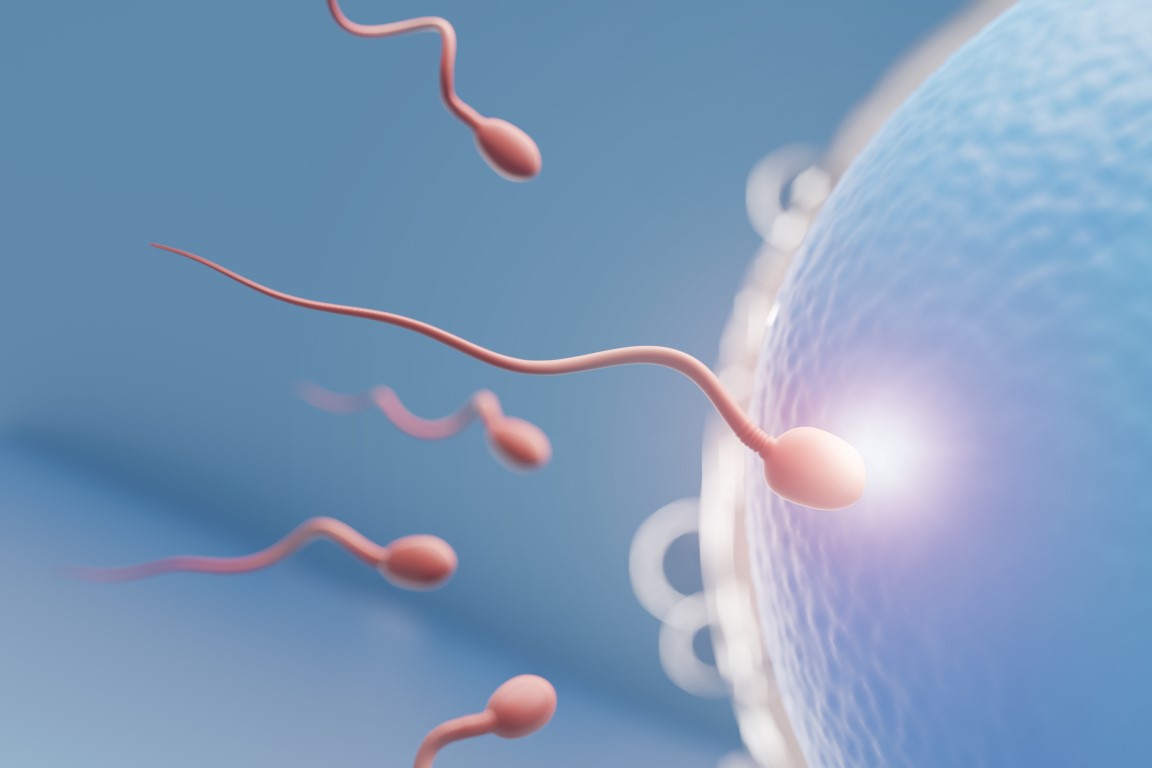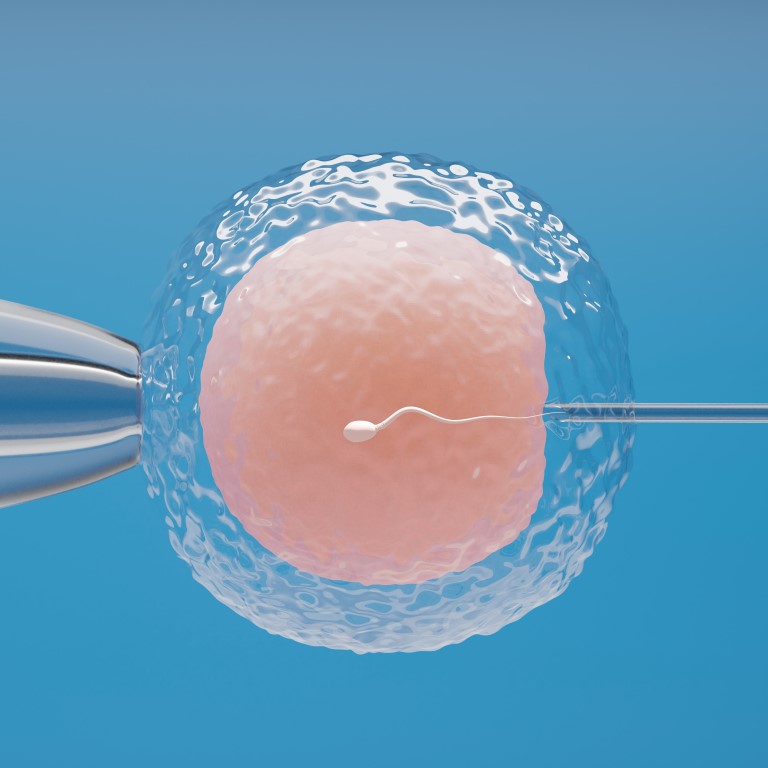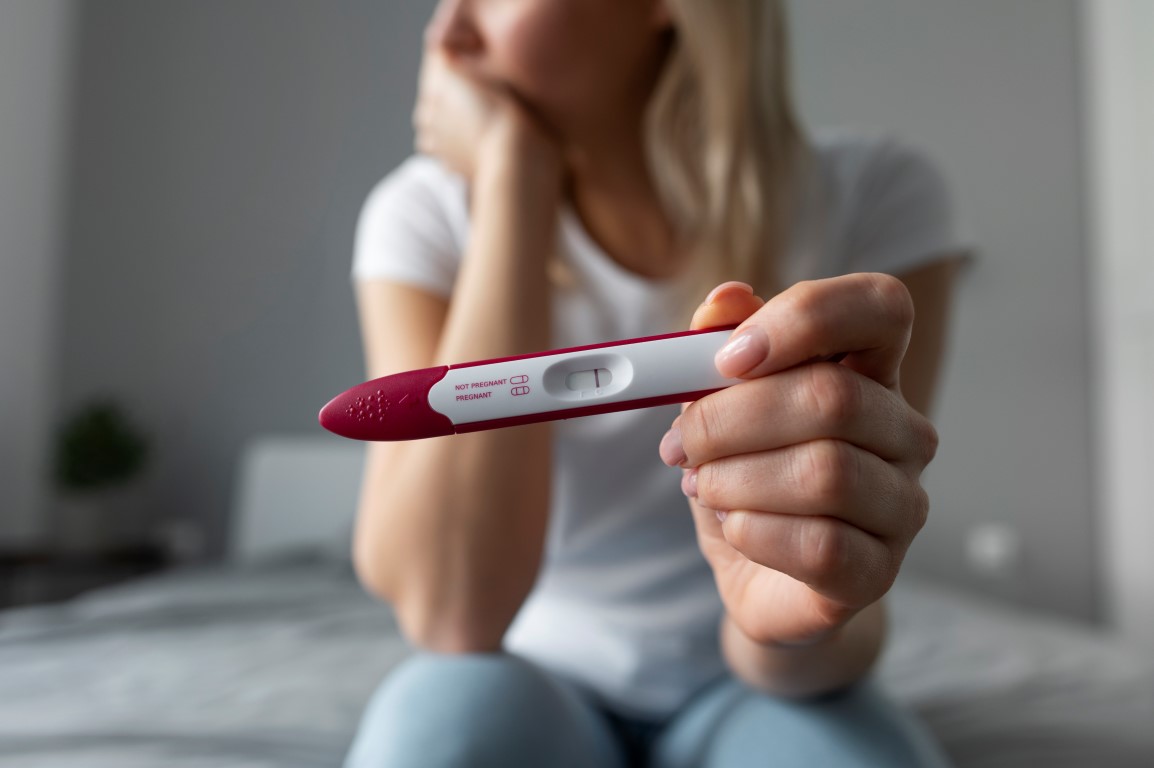
Fertility Treatments: IVF, IUI, and Other Advanced Methods
For many couples struggling with infertility, modern medical advancements offer hope and effective solutions. Fertility treatments, including In Vitro Fertilization (IVF) and Intrauterine Insemination (IUI), have helped millions achieve their dreams of parenthood.
This guide explores different fertility treatments, their processes, and who can benefit from them.





Understanding Infertility
Infertility is defined as the inability to conceive after one year of regular, unprotected intercourse (or six months for women over 35). Common causes include:- Ovulation disorders such as polycystic ovary syndrome (PCOS) or premature ovarian failure
- Low sperm count or poor sperm motility
- Blocked fallopian tubes
- Endometriosis
- Unexplained infertility
- Age-related fertility decline
Intrauterine Insemination (IUI)
What is IUI?
IUI is a minimally invasive fertility treatment that involves placing specially prepared sperm directly into the woman’s uterus during ovulation. This increases the chances of fertilization by bringing sperm closer to the egg.Who Can Benefit from IUI?
IUI is commonly recommended for:- Mild male infertility (low sperm count or motility)
- Unexplained infertility
- Cervical factor infertility (issues with cervical mucus preventing sperm from reaching the egg)
- Couples using donor sperm
IUI Process
- Ovulation Stimulation: Women may take ovulation-inducing medications to enhance egg production.
- Sperm Preparation: The sperm sample is washed and concentrated to remove weak or slow-moving sperm.
- Insemination: A thin catheter is used to place the prepared sperm directly into the uterus.
- Pregnancy Test: A test is conducted two weeks later to determine if the procedure was successful.
Success Rates of IUI
- IUI success rates range from 10-20% per cycle, depending on age and underlying fertility issues.
- Best results occur when combined with ovulation-inducing medications.

In Vitro Fertilization (IVF)
What is IVF?
IVF is a highly effective assisted reproductive technology where eggs are retrieved from a woman’s ovaries, fertilized in a laboratory, and then implanted back into the uterus.Who Can Benefit from IVF?
IVF is recommended for:- Blocked or damaged fallopian tubes
- Severe male infertility (low sperm count or motility)
- Endometriosis
- Ovulation disorders such as PCOS
- Genetic disorders (Preimplantation Genetic Testing (PGT) can be performed)
- Unexplained infertility
- Recurrent pregnancy loss
IVF Process
- Ovarian Stimulation: Hormonal medications stimulate the ovaries to produce multiple eggs.
- Egg Retrieval: Mature eggs are collected through a minor surgical procedure.
- Fertilization: Sperm is combined with eggs in a laboratory for fertilization.
- Embryo Culture: The fertilized eggs (embryos) are monitored for growth.
- Embryo Transfer: The healthiest embryo(s) are transferred into the uterus.
- Pregnancy Test: A test is performed two weeks later to confirm pregnancy.
Success Rates of IVF
- IVF success rates range from 40-50% for women under 35.
- Advanced techniques such as ICSI (Intracytoplasmic Sperm Injection) or assisted hatching can improve success rates for certain patients.
Intracytoplasmic Sperm Injection (ICSI)
What is ICSI?
ICSI is a specialized form of IVF used for severe male infertility. A single sperm is injected directly into an egg, bypassing natural fertilization barriers.
Who Can Benefit from ICSI?
- Severe male infertility (low sperm count, poor motility, or abnormal morphology)
- Previous failed fertilization with standard IVF
- Frozen sperm samples with low viability
ICSI Process
- Follows the same steps as IVF, with the only difference being the direct injection of sperm into the egg instead of traditional fertilization.
Egg Freezing (Oocyte Cryopreservation)
What is Egg Freezing?
Egg freezing allows women to preserve their eggs for future use, providing flexibility for those who want to delay pregnancy.Who Can Benefit from Egg Freezing?
- Women who wish to delay motherhood for career or personal reasons
- Cancer patients undergoing chemotherapy (which may affect fertility)
- Women with a family history of early menopause
Egg Freezing Process
- Ovarian Stimulation: Hormonal medications stimulate egg production.
- Egg Retrieval: Eggs are collected via a minor surgical procedure.
- Freezing & Storage: Eggs are frozen and stored for future use.

Preimplantation Genetic Testing (PGT)
What is PGT?
PGT is a genetic screening test performed on embryos before implantation in IVF cycles. It helps identify embryos with chromosomal abnormalities or genetic disorders.Who Can Benefit from PGT?
- Couples with genetic disorders such as cystic fibrosis or sickle cell anemia
- Women over 35, who have a higher risk of chromosomal abnormalities
- Couples with a history of recurrent miscarriage
Which Fertility Treatment is Right for You?
Choosing the right fertility treatment depends on multiple factors, including:- Age: IVF is more effective for older women.
- Cause of Infertility: Male infertility may require ICSI, while blocked fallopian tubes necessitate IVF.
- Personal Preferences: Some couples prefer less invasive options like IUI before trying IVF.
- Financial Considerations: IVF is more expensive than IUI, but financing options and fertility grants may be available.









